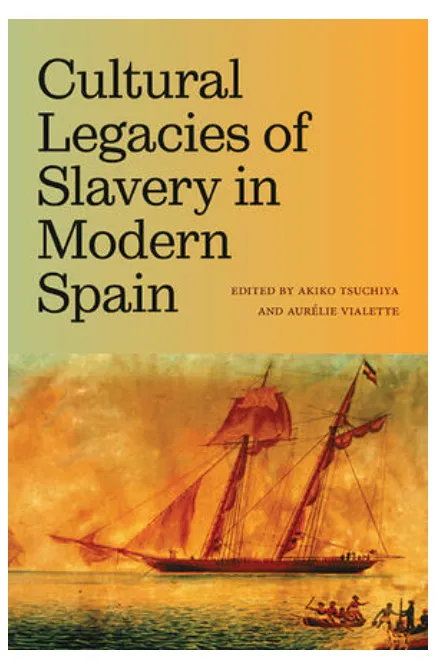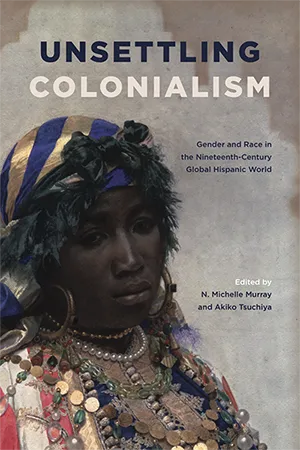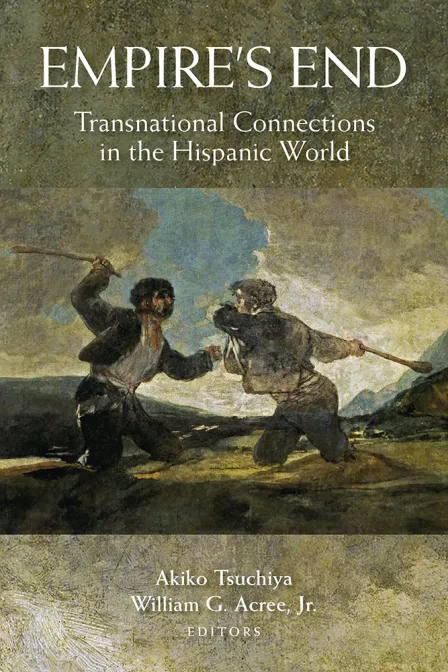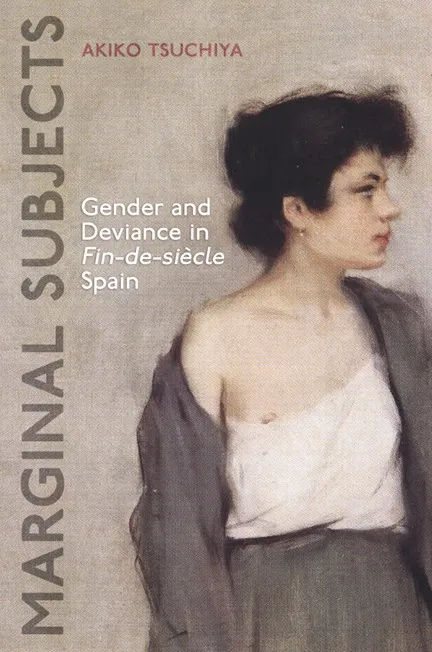Professor Tsuchiya’s areas of specialization include modern Spanish literature and culture with a focus on gender studies.
She is the author of a book on the nineteenth-century Spanish novelist Benito Pérez Galdós and has published extensively on nineteenth-and twentieth-century Iberian literatures and cultures. Her research and teaching interests include the realist novel, women’s and gender studies, nineteenth-century women’s transnational literary and cultural networks, race and colonialism, slavery and antislavery, in the Hispanic world. Most recently, she has become engaged in public debates generated around monuments related to colonialism and slavery in the Iberian world.
Tsuchiya’s books include, Marginal Subjects: Gender and Deviance in Fin-de-siècle Spain (University of Toronto P, 2011), Empire’s End: Transnational Connections in the Hispanic World (Vanderbilt UP, 2016), Unsettling Colonialism: Gender and Race in the Nineteenth-Century Global Hispanic World (co-edited with N. Michelle Murray, SUNY Press, 2019), and Cultural Legacies of Slavery in Modern Spain (co-edited with Aurélie Vialette, SUNY Press 2025). She is currently working on another book-length study, tentatively titled: Spanish Women in the Nineteenth-Century Antislavery Movement: Transnational Networks and Exchanges.
Her research has been supported by the National Endowment for the Humanities, the Program for Cultural Cooperation Between Spain’s Ministry of Culture and United States Universities, Washington University’s Center for the Humanities Faculty Fellowship (Spring 2007 & Fall 2019), CRE2 Faculty Fellowship (Spring 2023), and Summer Faculty Research Grants.
She has delivered over 50 conference papers and invited lectures in the US and abroad, as well as collaborating in research groups with scholars at the Spanish National Research Council (CSIC, Madrid) and the University of Barcelona. In summers of 2019 and 2023, she was a visiting scholar at ADHUC: Research Center for Theory, Gender, Sexuality at the University of Barcelona. Twice she received recognition from the Graduate Student Senate for her contributions to graduate education with the Outstanding Faculty Mentor Award (2017) and the Certificate of Special Recognition for Excellence in Mentoring (2007).
Tsuchiya was co-editor of the Revista de Estudios Hispánicos for 12 years and serves on the editorial board of several other peer-reviewed journals and scholarly monograph series. She was President of the International Association of Galdós Scholars (2015-17) and served on the Modern Language Association’s Publication Committee and the Delegate Assembly Organizing Committee.







